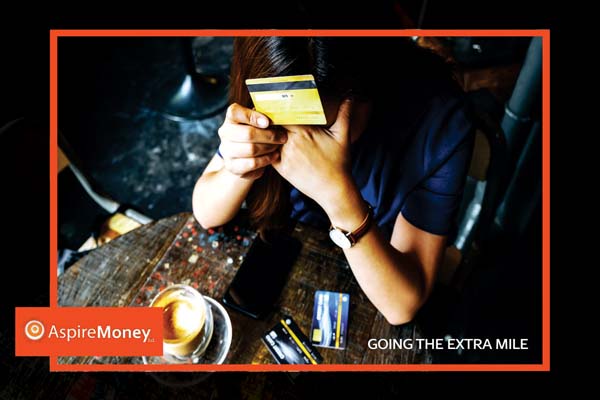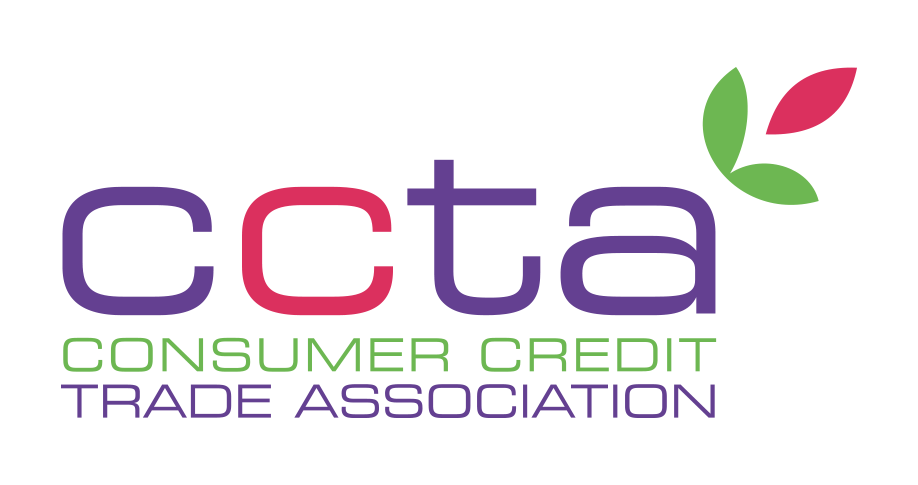Spending Triggers - Signs Showing That You Are An Emotional Spender
Television Adverts
Advertising and marketing agencies have become a lot smarter nowadays when it comes to television adverts. Often you will find that adverts have a way of triggering emotions and settling in your subconscious, for those who struggle with impulse shopping, this is where they would catch you. Walking up and down the isles throwing items into your basket that you’ve seen on TV and your subconscious mind has remembered and is telling you to buy.

A Cupboard Full Of Nothing
Another way to tell if someone is an emotional spender, take a look inside their personal life. Go into their cupboards and see how much clothing and shoes they have and then compare the amount of clothing they have to what they actually wear. I’m sure you’ll find that majority of what they have has not been worn or has been worn once or it just sits there and gathers dust, you might also notice that some of the items still have tags on them, this shows that it was bought for no purpose.
Dealing With A Loss
Oftentimes, people will go shopping to fill the void of losing a loved one, to try and fill the hole in their life. If a restaurant, activity or place reminds a person of their loved one they will spend money to recreate the memories they shared at that particular place or activity.
Stressful Excuses
Very often you might hear your friend or family member use stress as an excuse for spending money unnecessarily. “ I just needed something to take my mind off things” is a very popular excuse used by emotional spenders and that’s all it is: an excuse. There is no reason to spend money impulsively.
Support Structure
In a nutshell, emotional spending is buying things that are not needed, it’s just because they have the money and want to buy but have not budgeted for any of it. There is a way to help people with money spending problems, a proper support structure to help them through their emotional times, monitor and help them with their budget to prevent them from spending money on frivolous things. An emotional spender can also limit temptations by recognizing their spending triggers.
Seeking Help
If you think you are or you know someone who may have a shopping addiction, it is recommended that you seek professional help. As with any other addiction, the first step to recovery is admitting you have an addiction. Let’s help one another.

